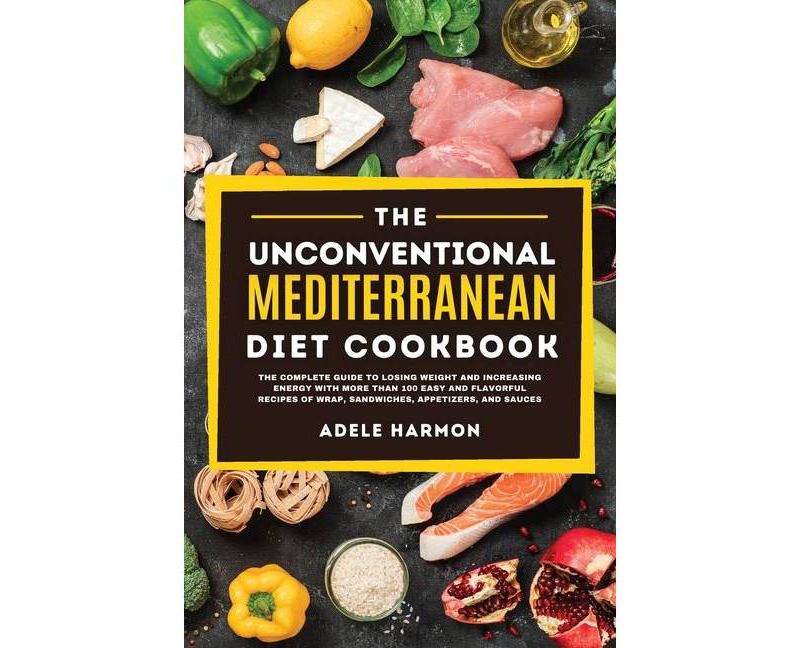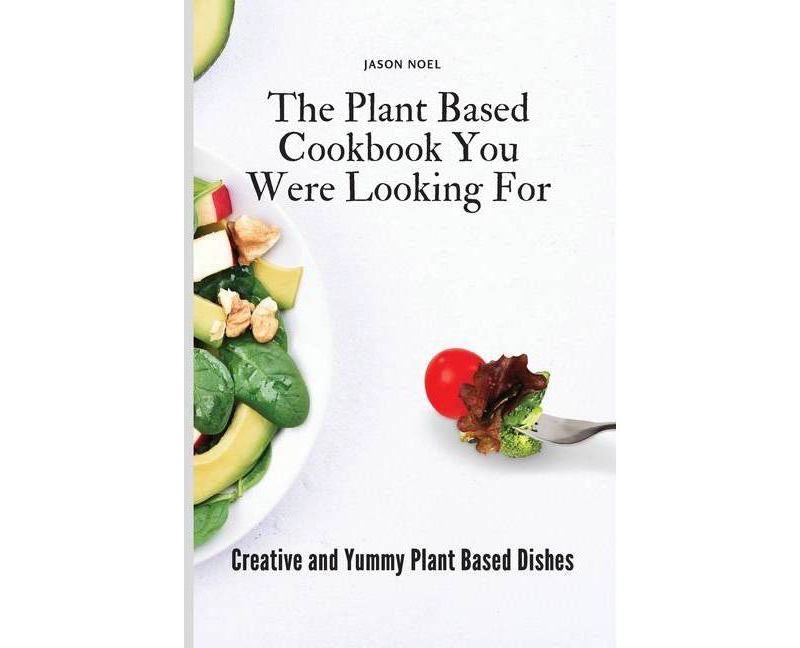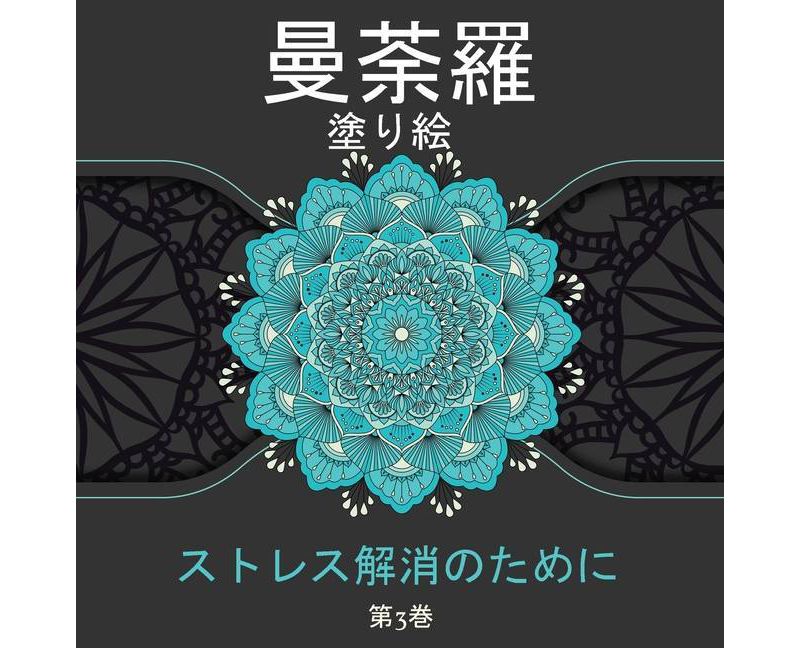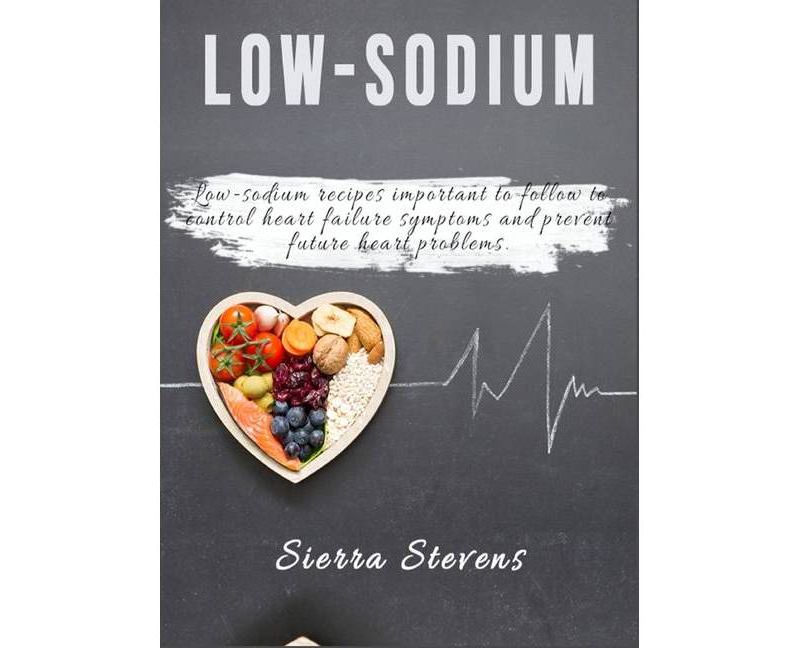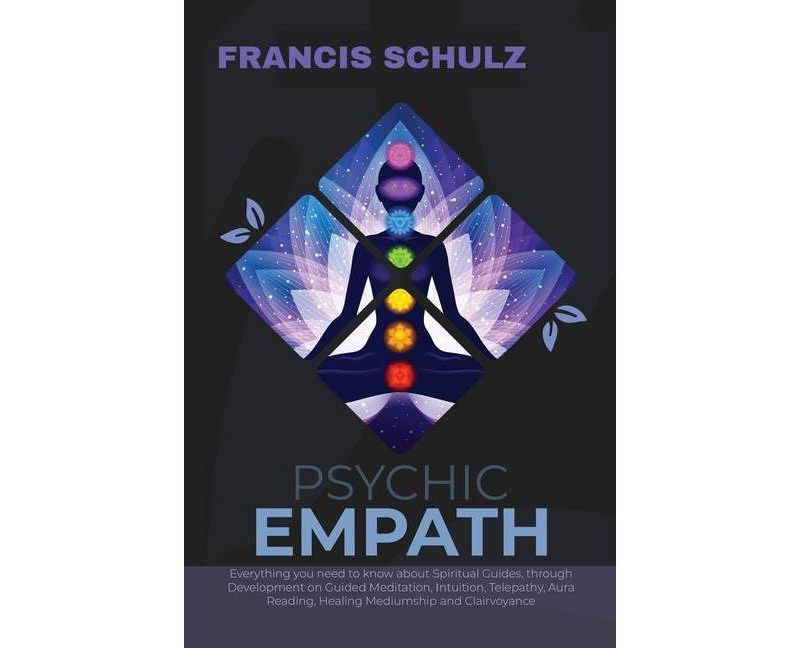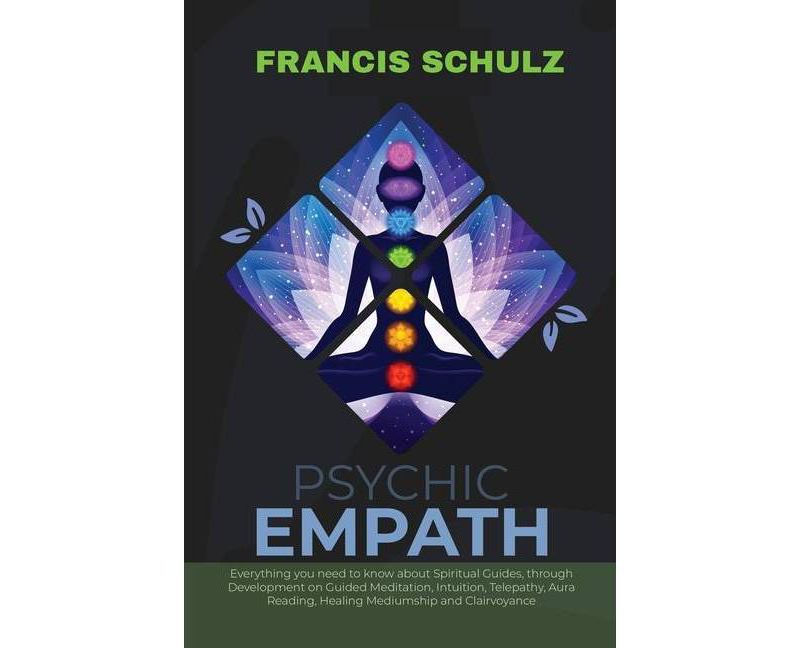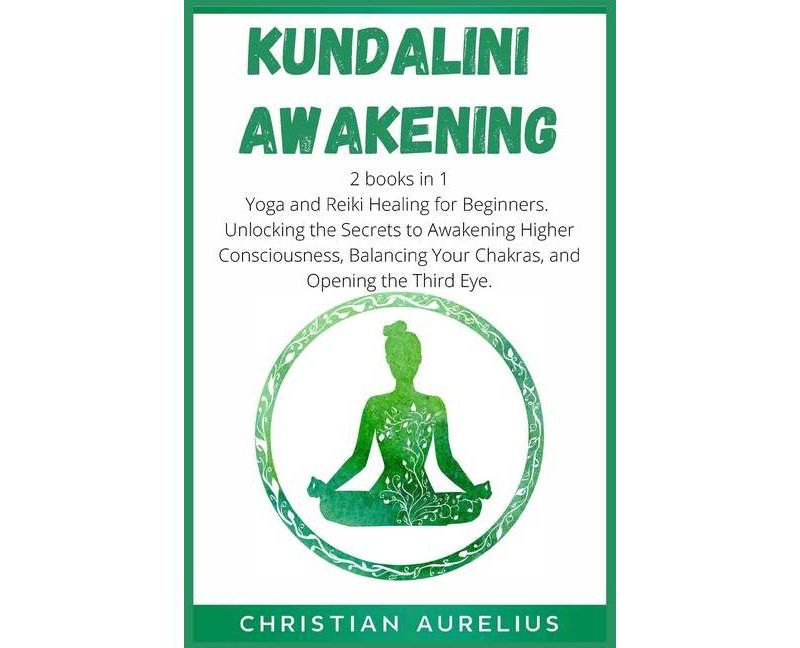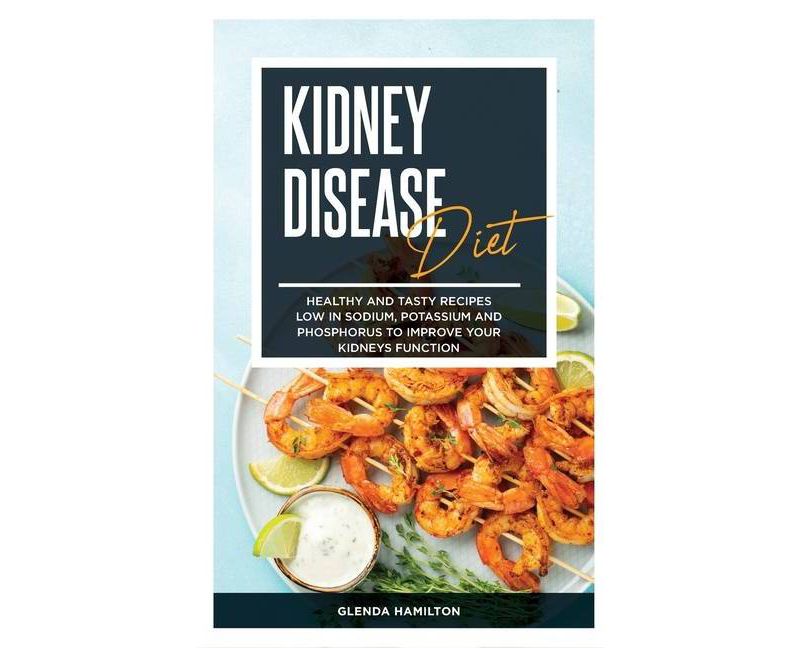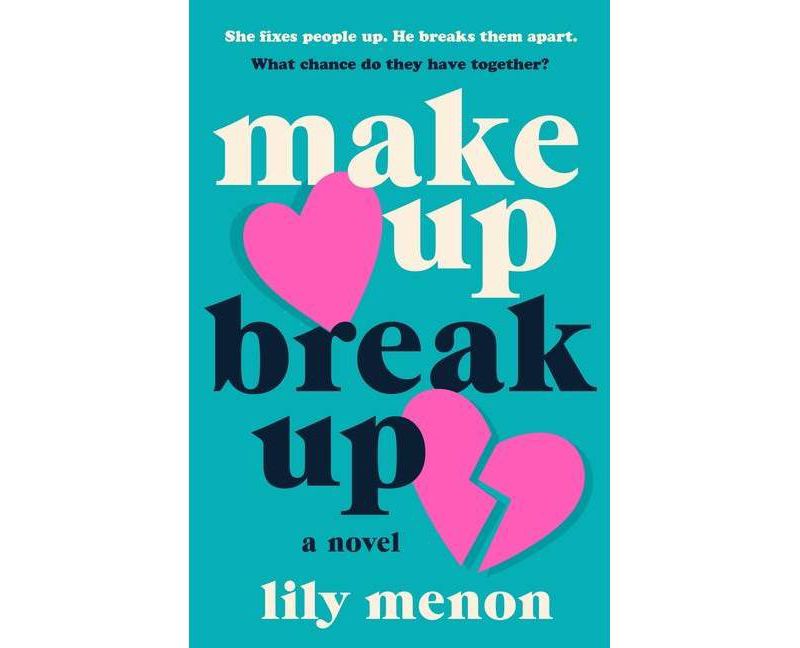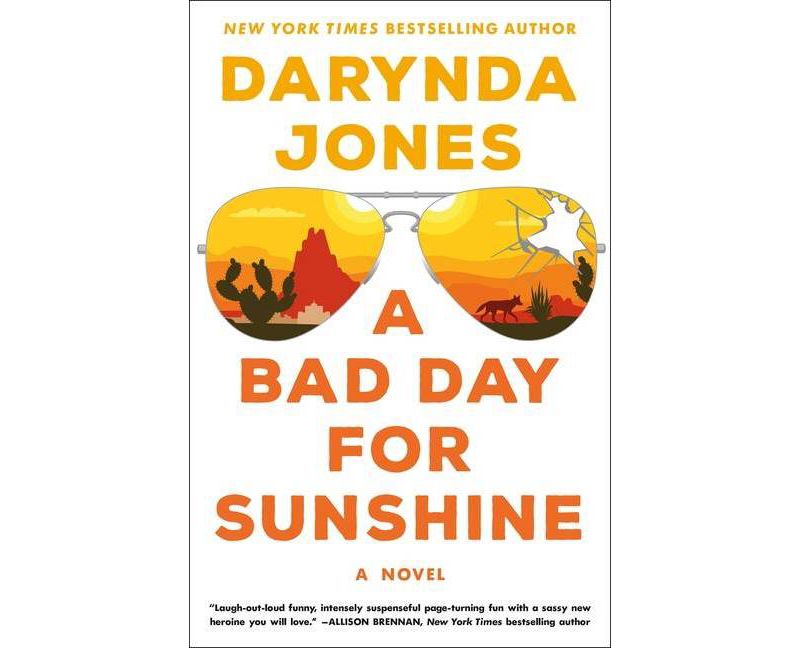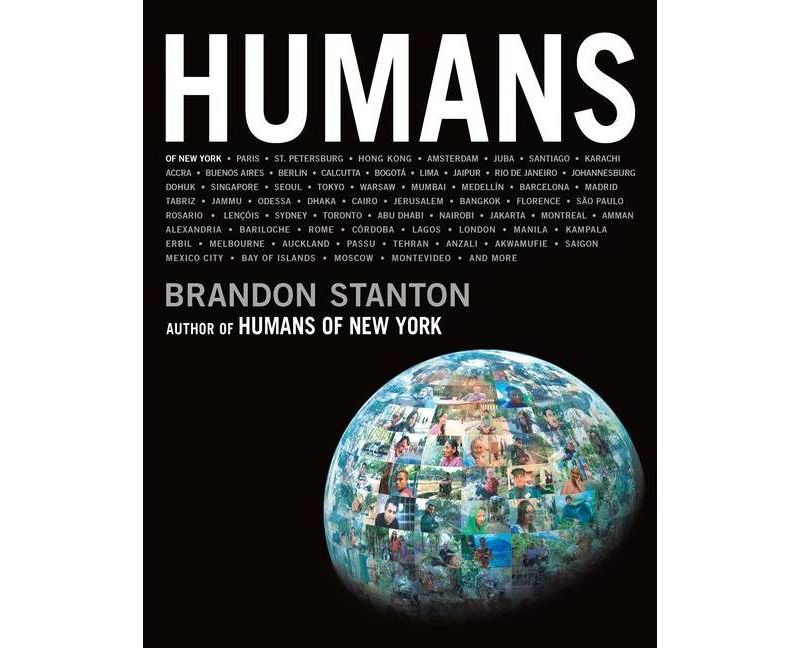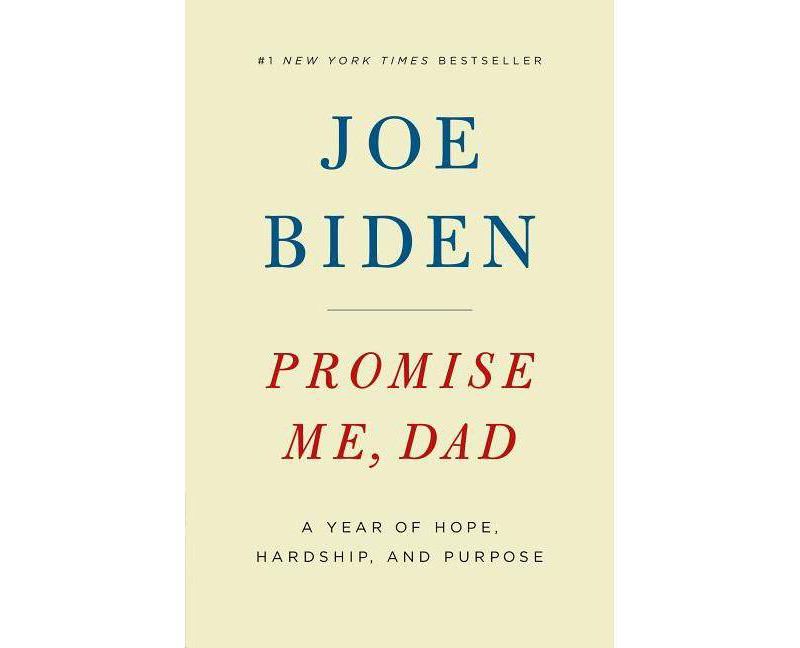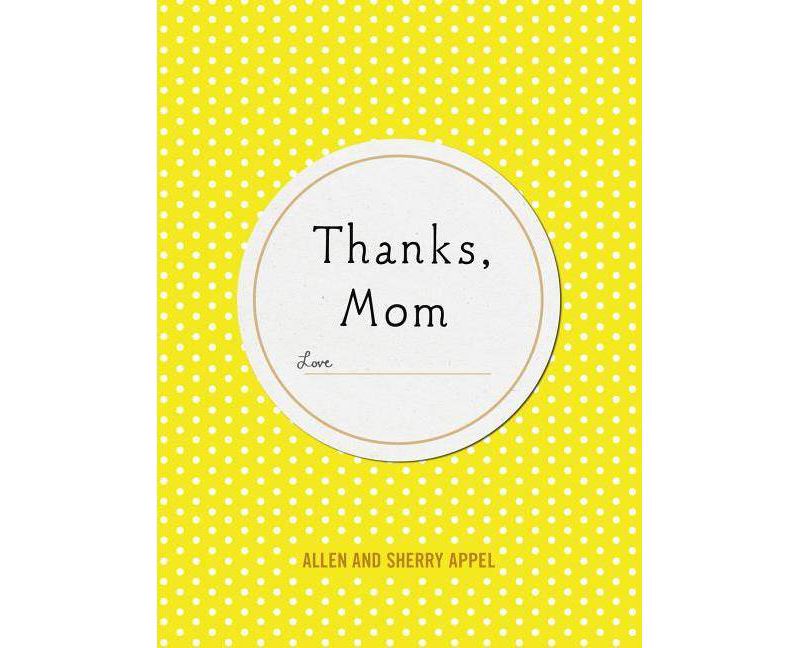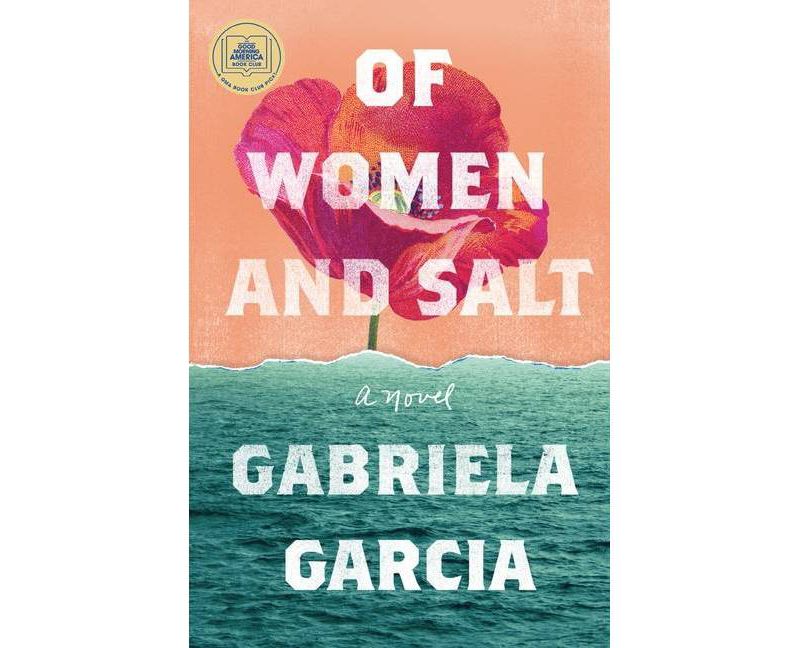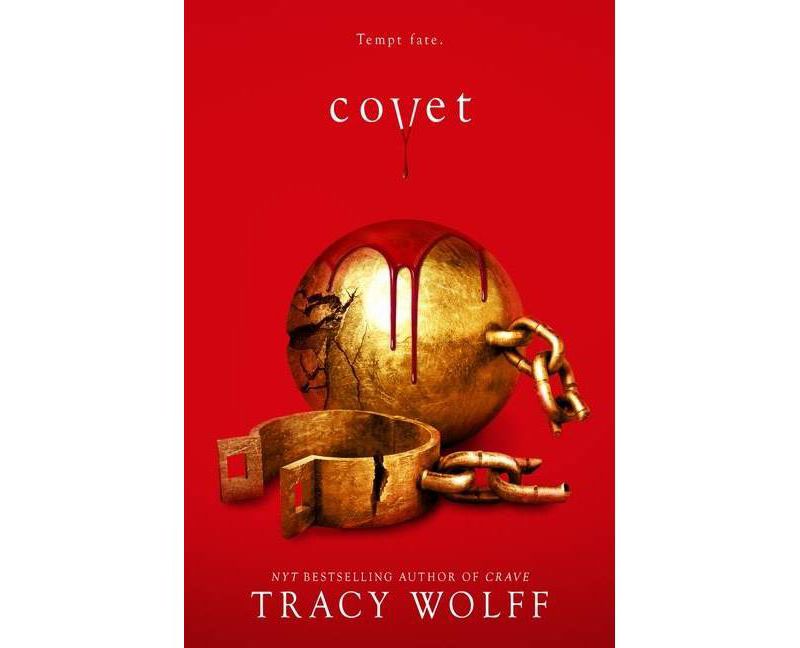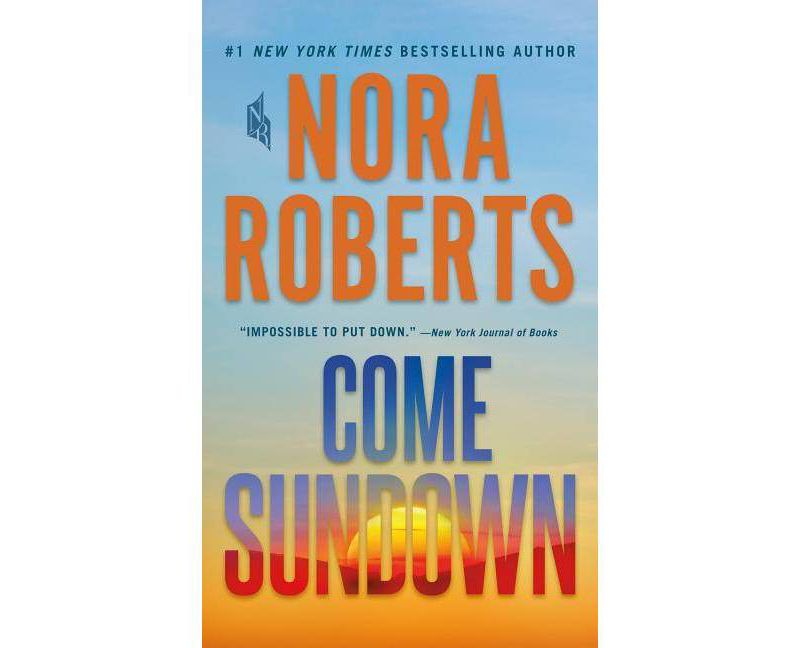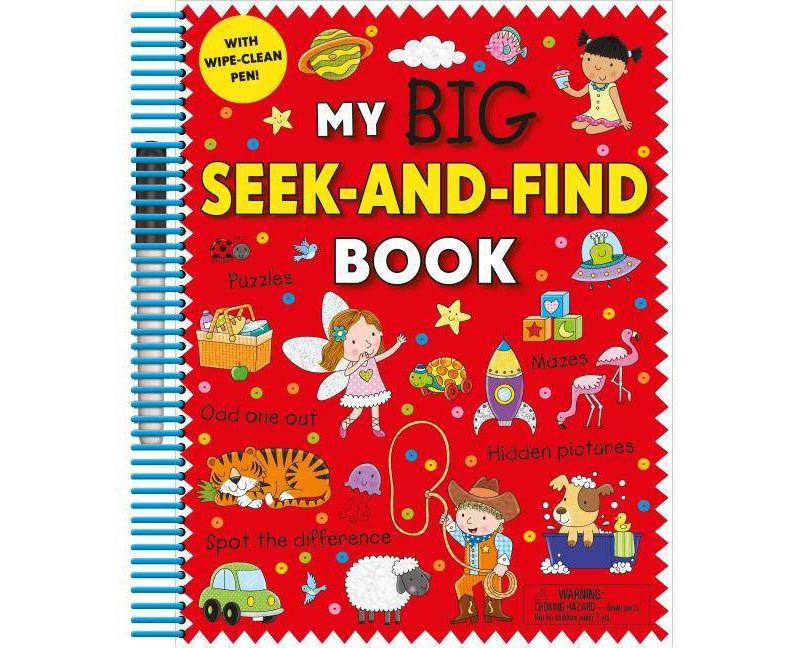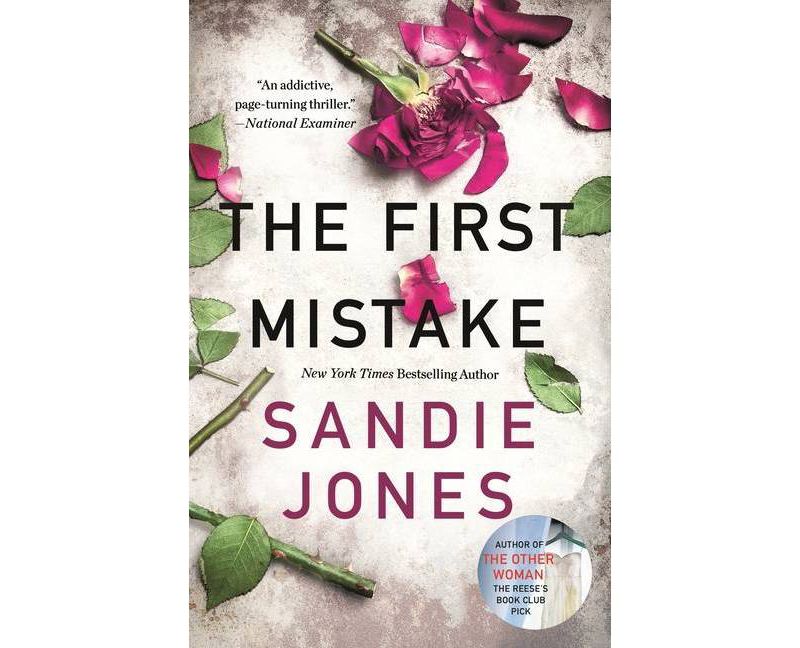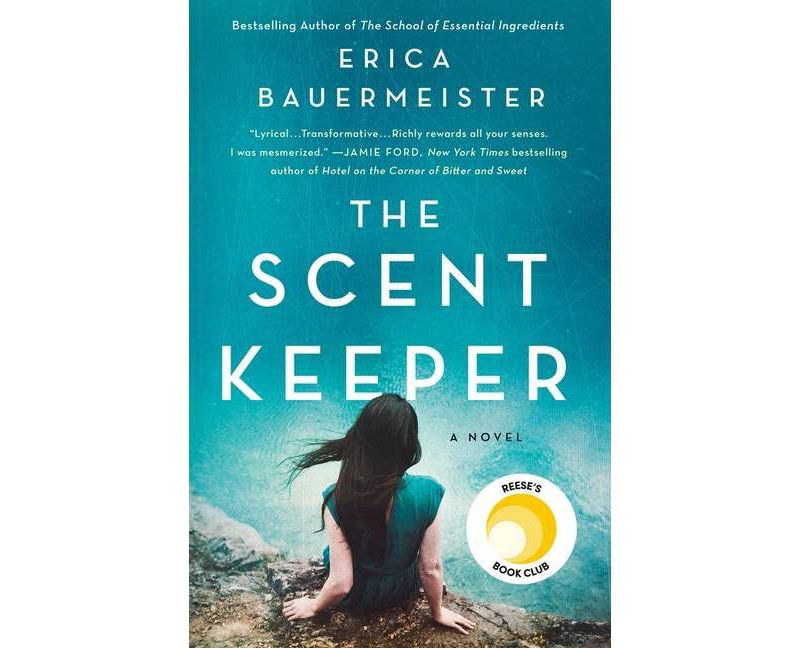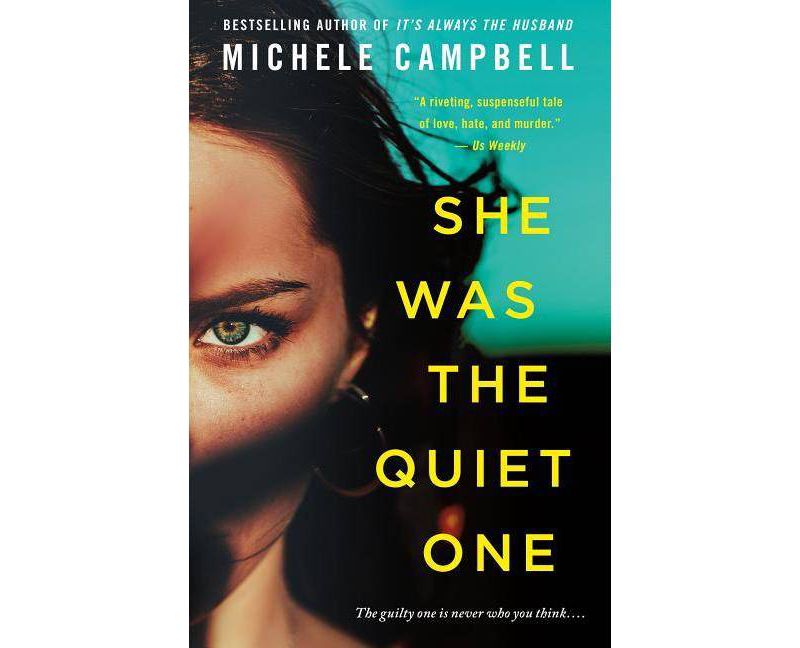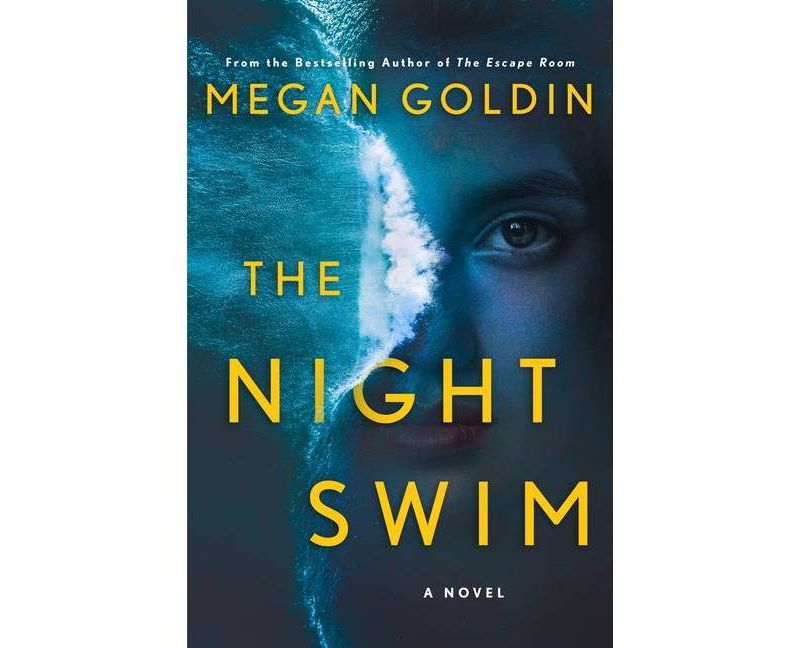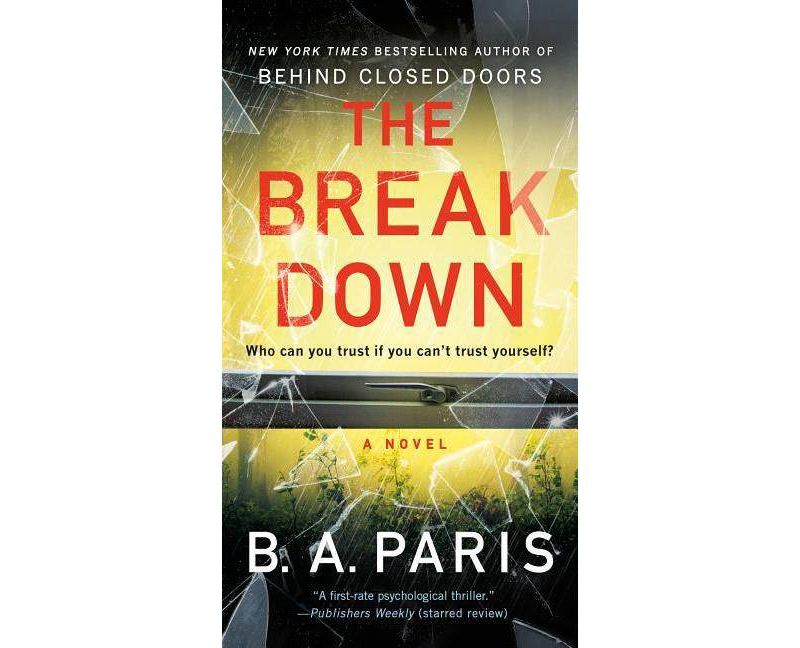Buy After - by Bruce Greyson (Hardcover) in United States - Cartnear.com
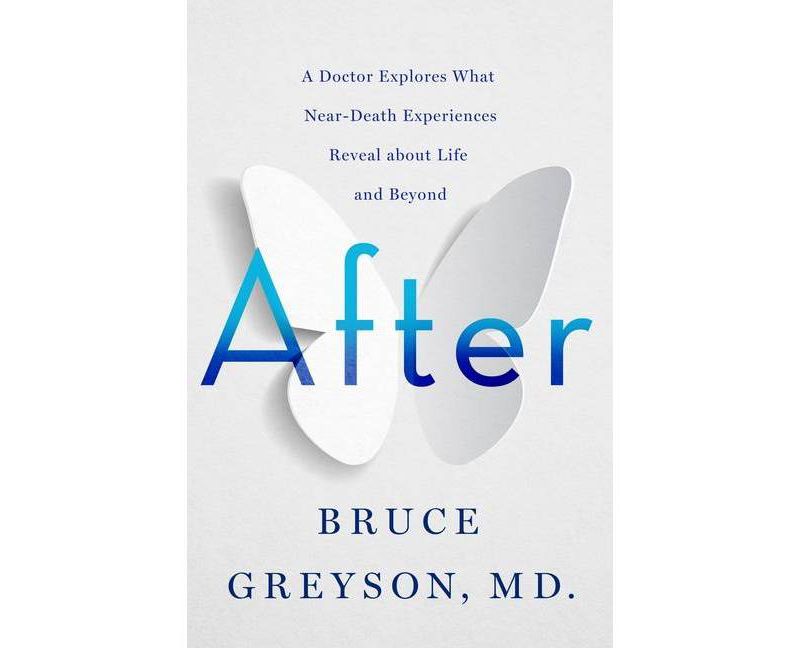
After - by Bruce Greyson (Hardcover)
CTNR345956 09781250263032 CTNR345956$ 23 $ 23 1% Off
*Product availability is subject to suppliers inventory
SHIPPING ALL OVER UNITED STATES
100% MONEY BACK GUARANTEE
EASY 30 DAYSRETURNS & REFUNDS
24/7 CUSTOMER SUPPORT
TRUSTED AND SAFE WEBSITE
100% SECURE CHECKOUT
Weight: 1 Pounds
Number of Pages: 272
Genre: Body + Mind + Spirit
Sub-Genre: Parapsychology
Format: Hardcover
Publisher: St. Martin's Essentials
Author: Bruce Greyson
Age Range: Adult
Book theme: Near-Death Experience
Language: English
About the Book
"The world's leading expert on near-death experiences reveals his journey toward rethinking the nature of death, life, and the continuity of consciousness. Cases of remarkable experiences on the threshold of death have been reported since ancient times, and are described today by 10% of people whose hearts stop. The medical world has generally ignored these "near-death experiences," dismissing them as "tricks of the brain" or wishful thinking. But after his patients started describing events that he could not just sweep under the rug, Dr. Bruce Greyson began to investigate. As a physician without a religious belief system, he approached near-death experiences from a scientific perspective. In After, he shares the transformative lessons he has learned over four decades of research. Our culture has tended to view dying as the end of our consciousness, the end of our existence-a dreaded prospect that for many people evokes fear and anxiety. But Dr. Greyson shows how scientific revelations about the dying process can support an alternative theory. Dying could be the threshold between one form of consciousness and another, not an ending but a transition. This new perspective on the nature of death can transform the fear of dying that pervades our culture into a healthy view of it as one more milestone in the course of our lives. After challenges us to open our minds to these experiences and to what they can teach us, and in so doing, expand our understanding of consciousness and of what it means to be human"--Book Synopsis
The world's leading expert on near-death experiences reveals his journey toward rethinking the nature of death, life, and the continuity of consciousness.
Cases of remarkable experiences on the threshold of death have been reported since ancient times, and are described today by 10% of people whose hearts stop. The medical world has generally ignored these "near-death experiences," dismissing them as "tricks of the brain" or wishful thinking. But after his patients started describing events that he could not just sweep under the rug, Dr. Bruce Greyson began to investigate. As a physician without a religious belief system, he approached near-death experiences from a scientific perspective. In After, he shares the transformative lessons he has learned over four decades of research. Our culture has tended to view dying as the end of our consciousness, the end of our existence--a dreaded prospect that for many people evokes fear and anxiety. But Dr. Greyson shows how scientific revelations about the dying process can support an alternative theory. Dying could be the threshold between one form of consciousness and another, not an ending but a transition. This new perspective on the nature of death can transform the fear of dying that pervades our culture into a healthy view of it as one more milestone in the course of our lives. After challenges us to open our minds to these experiences and to what they can teach us, and in so doing, expand our understanding of consciousness and of what it means to be human.Review Quotes
"With a well-written and clear narrative delivered in layperson's terms, this book chronicles Dr. Greyson's incredible quest to learn all he could about near-death experiences, or NDEs...A must read."
--Library Journal
"Dr. Greyson offers a highly knowledgeable, well-contextualized inquiry. He is not here to convert but to present his findings along with a variety of insights and themes...A bright, passionate journey through murky waters."
--Kirkus
"From a less authoritative source, these stories could seem mawkish or flaky. Told here with calm precision, and with a conversational flair, they are both absorbing and convincing. With so much evidence available for further investigation, the most vexing question now is not whether life continues in some form after we die, but why mainstream science is so resistant to the idea."
--The Daily Mail
--Raymond Moody, M.D., Ph.D., bestselling author of Life After Life Dr. Greyson's work has the potential to completely change our fractured and confused world, offering insights that may lead to an explanation of the nature of consciousness.
--Eben Alexander, M.D., bestselling author of Proof of Heaven Dr. Greyson brings to near-death experiences what the Kinsey report established for human sexuality.
--Lisa Miller, Ph.D., professor of Psychology and Education, Columbia University, author of The Spiritual Child
A medical detective story that will grab your heart...We all owe Dr. Greyson thunderous applause.
--P. M. H. Atwater, L.H.D., author of Near-Death Experiences
A major international book of lasting value.
--Alexander Batthyány, Ph.D., professor of Philosophy and Psychology, International Academy of Philosophy, Liechtenstein Director of the Viktor Frankl Institute, author of Mind and Its Place in the World
How can you live NOW without knowing what comes AFTER? You need to read this book.
--Carl Becker, Ph.D., D.Psych., professor of Medical Ethics and Policy Science, Kyoto University, author of Breaking the Circle Bridges the gap between science and spirituality with elegance.
--Anita Moorjani, bestselling author of Dying to Be Me Provides hope to the dying and comfort to those left behind.
--Mary Neal, M.D., former Director of Spinal Surgery, University of Southern California, bestselling author of To Heaven and Back This book will define near-death research. It will change the way we live our lives.
--Barbara Bradley Hagerty, M.L.S., NPR Religion Correspondent, author of Fingerprints of God Loaded with fresh, exciting, and enormously valuable new understandings.
--Jeffrey Long, M.D., bestselling author of Evidence of the Afterlife Both inspiring and deeply personal...a book to savor.
--Kenneth Ring, Ph.D., professor emeritus of Psychology, University of Connecticut, author of Life at Death Engaging, appealing, and thoroughly informative...an absolute must-read.
--Sam Parnia, M.D., Ph.D., associate professor of Medicine and Director of Critical Care & Resuscitation Research, New York University Langone Medical Center, author of What Happens When We Die? This book will change the consciousness of many readers in a very positive way.
--Pim van Lommel, M.D., author of Consciousness Beyond Life Dr. Greyson's masterful intellect and laser-sharp focus on scientific rigor make his research recorded in this book virtually irreplaceable.
--Michael B. Sabom, M.D., author of Recollections of Death Dr. Greyson takes us on a fabulous tour of near-death experiences in a completely new and engaging way...A must-read for anyone regardless of their religious, spiritual, or scientific background.
--Andrew Newberg, M.D., professor of Emergency Medicine and Radiology, Thomas Jefferson University, author of The Mystical Mind Dr. Greyson is both a scientific and medical expert on NDEs and the nature of the mind, and a practicing healer, a psychiatrist who knows how to help people understand and learn from unusual experiences rather than dismissing them as 'crazy.'
--Charles Tart, Ph.D., professor emeritus of Psychology, University of California, Davis, author of States of Consciousness
About The Author
Dr. Bruce Greyson is Professor Emeritus of Psychiatry and Neurobehavioral Sciences at the University of Virginia School of Medicine. He served on the medical school faculty at the Universities of Michigan, Connecticut, and Virginia. He was a co-founder and president of the International Association for Near-Death Studies, and editor of the Journal of Near-Death Studies. A Distinguished Life Fellow of the American Psychiatric Association, he has received national awards for his medical research.
